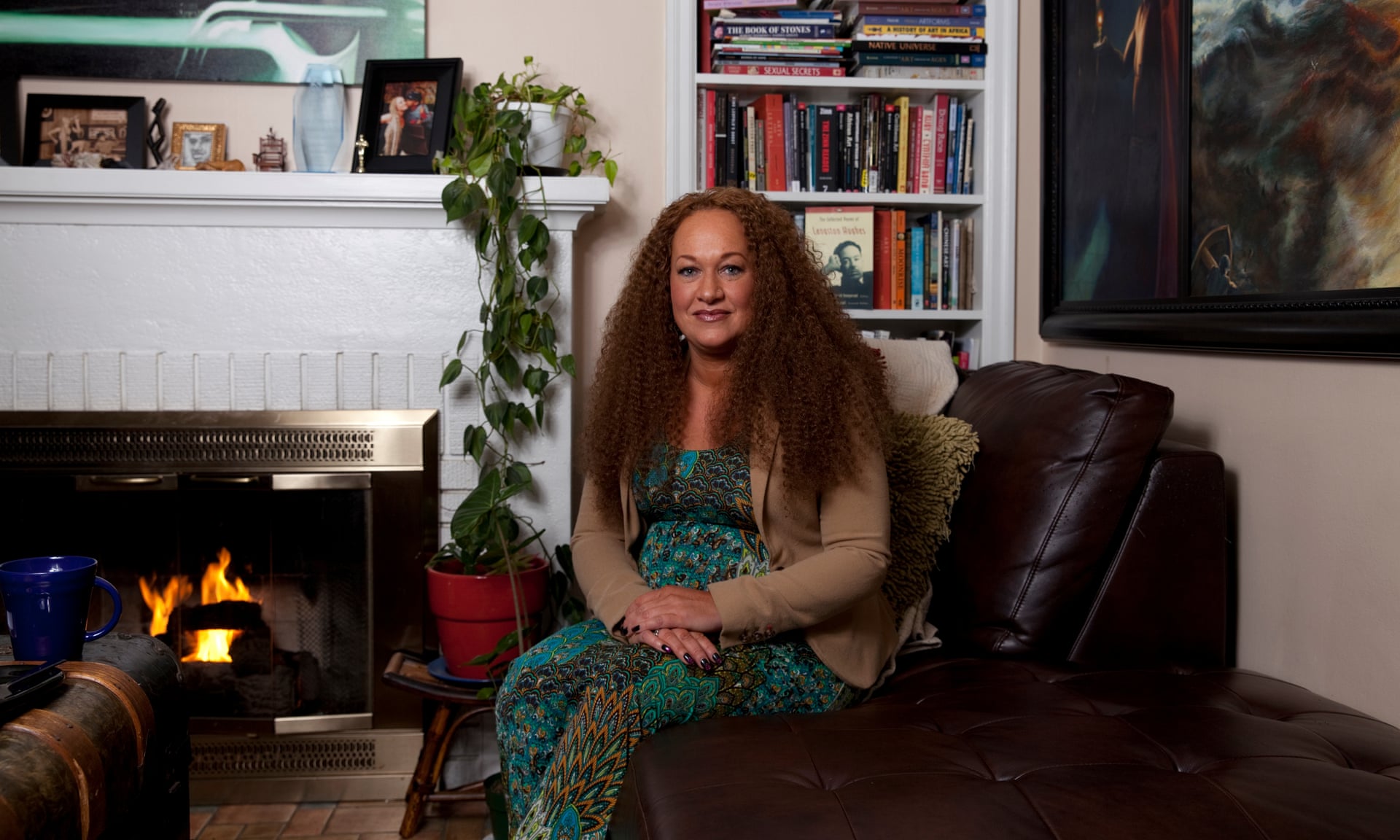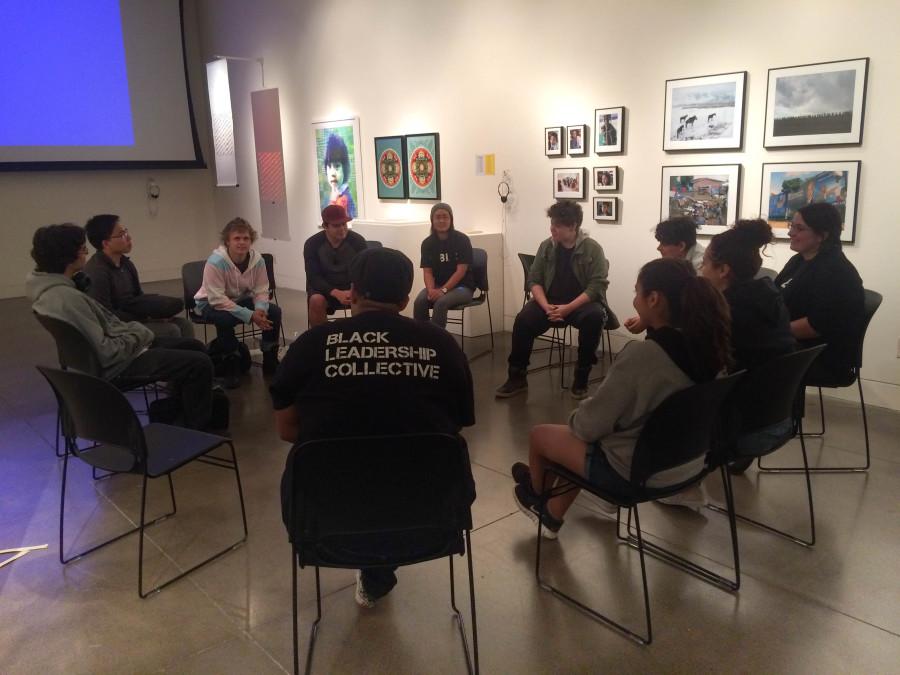Creole Renegades: Rhetoric of Betrayal and Guilt in the Caribbean Diaspora by Bénédicte Boisseron (review)
The Americas
Volume 72, Number 4, October 2015
pages 661-664
John Patrick Walsh, Assistant Professor of French
University of Pittsburgh, Pittsburgh, Pennsylvania
In this outstanding book, Bénédicte Boisseron challenges received ideas on Caribbean literature and critical paradigms that have sedimented around them. Organized around individual trajectories and texts of “second-generation” Caribbean diasporic writers, the book argues that these authors resist the cultural obligation to Caribbeanness that enjoined an earlier generation to “write back” to the metropolitan center from the peripheral spaces of empire. Boisseron eschews this historical binarism in order to call attention to writers who have pulled up stakes from a “home” that has become a “new center” (p. 7). The oppositional stance they adopt is marked by less by political engagement, Boisseron contends, than by the desire to explore personal stories. The rejection of prescribed identities makes them “renegades.”
Boisseron anchors her use of “renegade” in C. L. R. James’s Mariners, Renegades, and Castaways, the study of Melville that calls attention to Ahab’s crew of isolatoes, or those “living on a separate continent of [their] own” (p. 8). Throughout, Boisseron moves between textual analysis and biography to frame the renegade as one who questions allegiance to the Caribbean. As the book unfolds, “renegade” shifts meaning according to the writer’s particular form of defection. Therefore, it becomes an umbrella term that encompasses the itineraries in question.
By arguing that local spaces of the Caribbean have developed their own centripetal power, Boisseron suggests that the so-called global turn of literary studies still has a way to go to break free of the colonial legacy of center and periphery. Boisseron draws on numerous schools of thought, from diaspora studies and postcolonial theory, to psychoanalysis and deconstruction, and her ability to distill a range of ideas is evidence that European theoretical models take on new life in the location of their translation. The book thus performs the very “decentering” of authority that it underscores as the hallmark of second-generation Caribbean writers.
The five chapters make for an engaging read. The clarity and consistency of Boisseron’s prose, and the balance it achieves between historical overview and close reading, make it suitable for both experts in the field and students new to these texts. The first chapter, “Anatole Broyard: Racial Betrayal and the Art of Being Creole,” explores the phenomenon of racial passing as an exemplary act of being Creole. In contrast to the book’s generally extensive use of primary written sources, this chapter is largely a study of the life of the long-time literary critic, including the biography penned by his daughter, Bliss Broyard, and the posthumous “outing” of Broyard by Henry Louis Gates Jr. For Boisseron, “the incompleteness of kinship is what makes the Creole, just like the passing subject, a born renegade” (p. 51).
Chapter 2, “Maryse Condé’s Histoire de la femme cannibale: Coming Out in the French Caribbean,” foregrounds Condé’s refusal to adhere to the critical norms of Postcolonial Studies. “Because she resists, while seemingly adopting, the postcolonial trend,” Boisseron writes, “Condé is strictly speaking a postcolonial renegade, or a ‘postcolonial antipostcolonial’” (p. 58). Condé’s most significant betrayal of Caribbean sensibilities is her portrayal of the macoumé, or the Creole term that refers to an unsayable homosexuality through its association with “the source of gossip (commère)” (p. 68). The trope of “coming out,” Boisseron concludes, “revealing the covert presence of Creole homosexuality, allows Condé to break open the walls of sedentariness in the French Antilles” (p. 85). Given the enormous critical attention to Condé, the originality of Boisseron’s reading is a rare feat.
Chapter 3, “Parasitic and Remittance Diaspora’” turns to two writers of the Haitian dyaspora, Edwidge Danticat and Dany Laferrière. The conflict between the perception of resident writers and those on the outside is a complicated issue that owes to a rigid idea of geographic and affective borders. In an arguably cynical approach, Boisseron describes the texts of Danticat and Laferrière as “an uncertain mixture of opportunism . . . and remittance,” or a kind of cultural repayment that the expatriate makes to the native country (p. 128). Yet her close readings betray a more nuanced way of thinking about the texts of these immigrant artists.
Chapter 4, “V. S. Naipaul and Jamaica Kincaid: Rhetoric…




